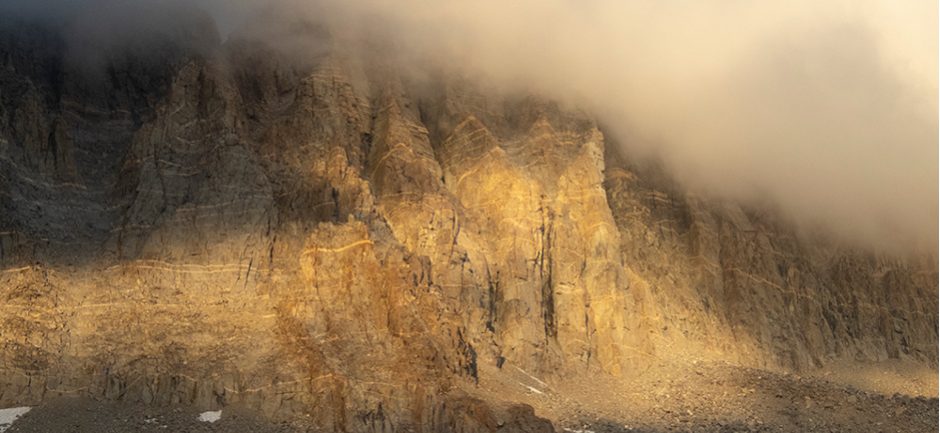Chuck Palahnuik is the author of “Fight Club,” a book I have not read. After reading and re-reading “Consider This,” I may. This book is a collection of essays on writing. The points come with examples and a story or two. From the first chapter on Textures:
Think of a story as a stream of information. At best it’s an ever-changing series of rhythms. Now think of yourself, the writer, as a DJ mixing tracks.
The more music you have to sample from — the more likely you’ll keep your audience dancing.
This chapter resonated with me. He details several kinds of textures, several of which I use:
- Tense: past, present, or future
- Point of View: 1st person singular (I), 2nd person (you), 3rd person (he, she, it) or omnipotent/omniscient 3rd person
- Attribution: tell who said (or did) a bit of dialogue frequently
The Three Types of Communication is not something I had ever seen called out before. Because I write poetry that is generally a page or less, there is not the length to use more than one, two at the most. The three types are:
- Description: A man walks into a bar.
- Instruction: Walk into a bar.
- Exclamation (onomatopoeia): Sigh.
Using all three forms of communication creates a natural, conversational style. Description combined with occasional instruction, and punctuated with sound effects or exclamations: It’s how people talk.
Sound effects is an interesting idea. His example comes with an even more interesting comment:
… a guy was telling a story that went, “… so we’re going around this long curve—skreeeech! vroooom! — and we pass this police car…”
A listening girl leaned close to me and whispered, “Why do men always use sound effects in stories, but women never do?”
An excellent observation. Learn from it.
My thought after reading the first half was, “I’m going to have to buy this book and flip it open to a random page when stuck, or pick one point and write something that embodies it, or edit an existing piece to strengthen that aspect. Or I could copy each technique onto an index card, shuffle the deck, and flip cards until something clicks. Memorizing the whole book would work too.
The chapter on book tours made me wonder why I’d ever want to do that. Certainly not the way Palahniuk does them. I remember seeing Stephen Mitchell, a definite introvert, on book tour. Uncomfortable. Much like I would approach a book tour.
The subtitle of the book is, “Moments in my writing life after which everything was different.” Certainly I write differently now with more tools in my toolbox. Highly recommended.
